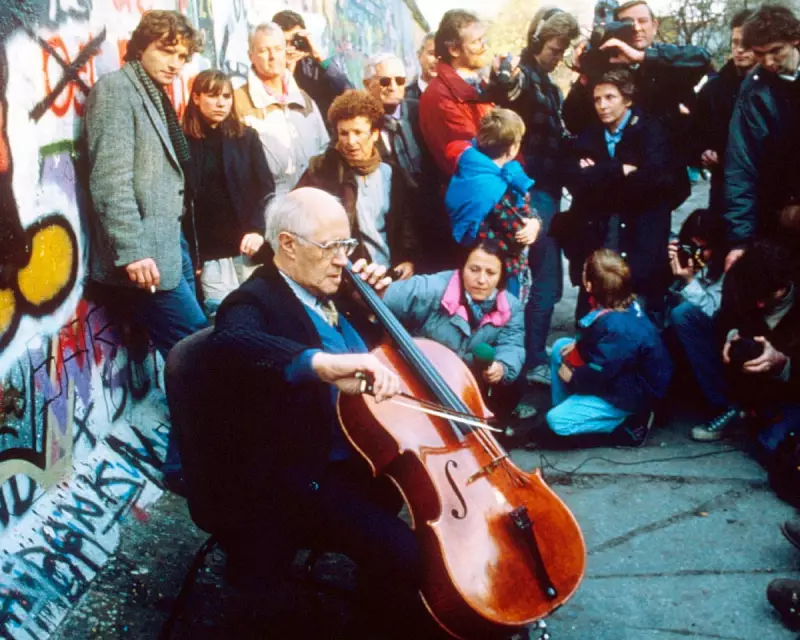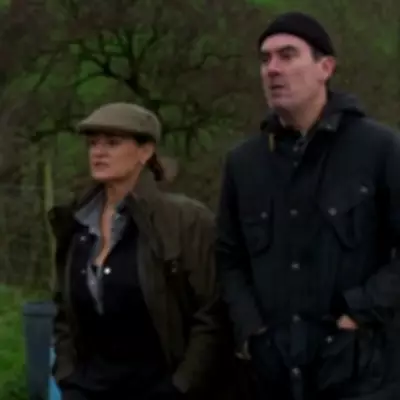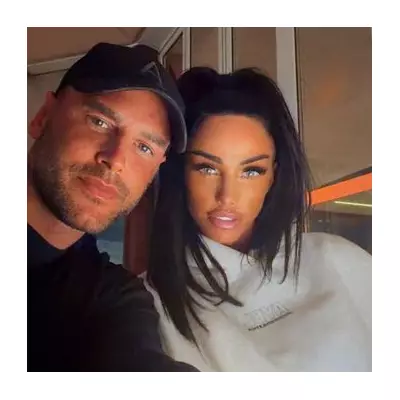
The collision between high art and global politics has created a modern-day battleground, and few figures stand at its centre quite like Russian soprano Anna Netrebko. The opera world is now grappling with a profound question: should artists be held accountable for the actions of their governments?
The Price of Political Silence
Netrebko's case exemplifies this growing conflict. Despite her international acclaim, venues worldwide have cancelled her performances following Russia's invasion of Ukraine. The Royal Opera House notably withdrew her from productions, joining institutions across Europe and North America in effectively blacklisting the artist.
This movement represents what many cultural commentators are calling 'pre-emptive censorship' - punishing artists not for their actions, but for their nationality or perceived political allegiances.
A Dangerous Precedent for Artistic Freedom
Arts leaders are increasingly warning that this approach sets a dangerous precedent. The requirement for artists to publicly denounce their home governments creates what one director called 'a purity test' that fundamentally contradicts artistic freedom.
'We deny artists their voice at our peril,' argues several prominent figures within the cultural sector. They maintain that art should transcend politics, and that forcing performers into political declarations undermines the very purpose of artistic expression.
The Complicated Reality for Russian Artists
The situation presents Russian artists with an impossible dilemma. Public criticism of the Kremlin could endanger family members still in Russia, while silence is interpreted as complicity in Western nations.
Netrebko herself has walked this tightrope carefully, condemning the war while avoiding direct criticism of Putin - a nuanced position that has satisfied neither side of the political divide.
The Cultural Sector Fights Back
There's growing resistance within the arts community against what many see as performative activism. Several major European opera houses have continued to programme Russian artists, arguing that cultural exchange is more important than ever during times of political tension.
As one industry insider noted, 'If we only allow artists from politically acceptable nations to perform, we will soon have very empty concert halls.'
The debate surrounding Netrebko and other Russian artists reveals deeper questions about the role of art in society, the limits of political responsibility, and whether cultural institutions should serve as instruments of foreign policy. As the conflict continues, the arts world remains deeply divided on where to draw the line between principle and pragmatism.





